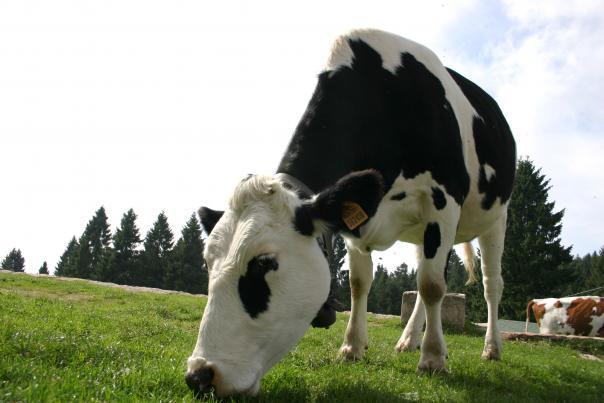
New legislation which came into force on Friday 17th May, bans the routine use of antibiotics on farm animals and their use ‘to compensate for poor hygiene, inadequate animal husbandry, or poor farm management practices’. Prophylactic use is also being restricted to ‘exceptional circumstances’.
These are major improvements in the regulation of British farm antibiotic use. However The Alliance to Save Our Antibiotics says loopholes and weaknesses in the legislation in how it is interpreted that may allow the overuse of antibiotics on farms to continue.
Cóilín Nunan of the Alliance to Save Our Antibiotics said: “Some of the new rules on farm antibiotic use are welcome and long overdue. Unfortunately, the Government has deliberately weakened the legislation, in comparison to the EU’s, and this will allow some poorly run farms to keep on feeding large groups of animals antibiotics, even when no disease is present.
“We are also concerned the ban on using antibiotics to compensate for inadequate animal husbandry and poor farm management practices may not be properly implemented.”
In response to the new legislation, the Alliance to Save Our Antibiotics is calling on the Government to:
- Ban group prophylaxis with antibiotics.
- Introduce mandatory antibiotic-use data collection.
- Set new, more ambitious targets for reducing farm antibiotic use. About 75% of UK farm antibiotic use is still for group treatments.
- A target should be set to reduce group treatments to less than 30% by 2030.
- A target should be set to cut farm antibiotic use by 40% by 2030.
- Major improvements to minimum husbandry standards are needed to reduce the need for antibiotics, including reduction in stocking densities, using appropriate breeds, improvements to diets and a shift to later weaning of piglets.